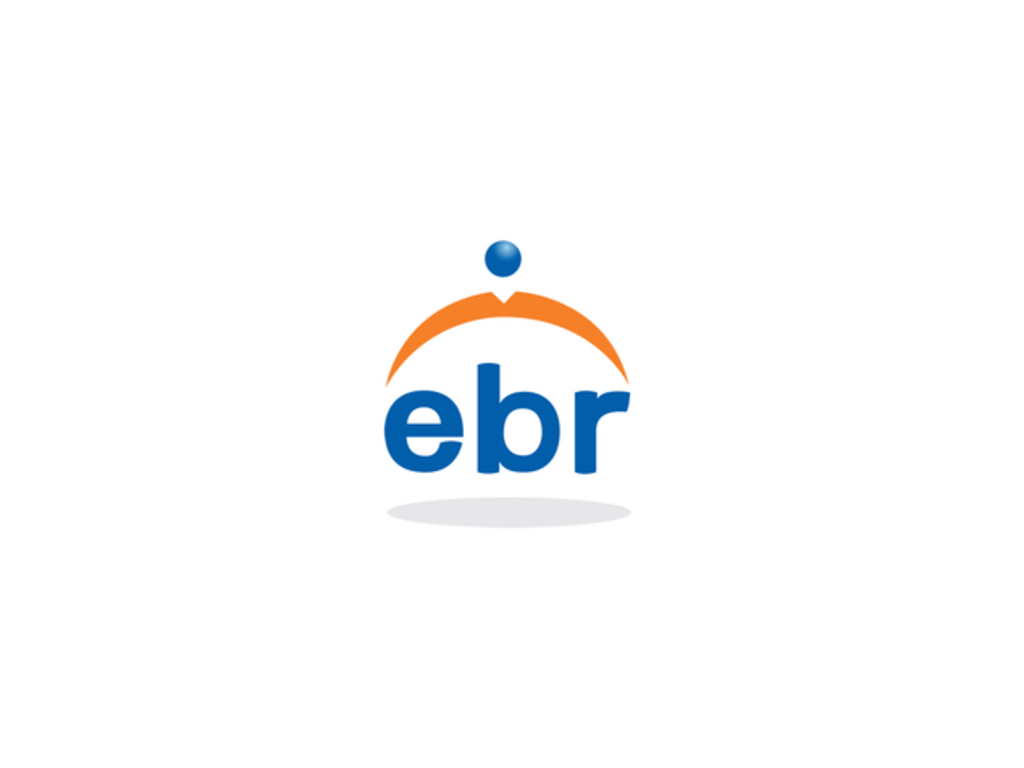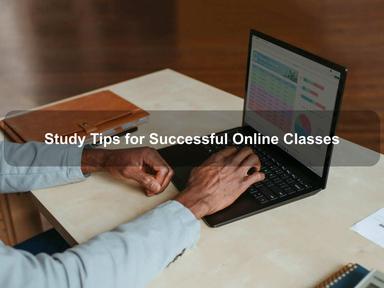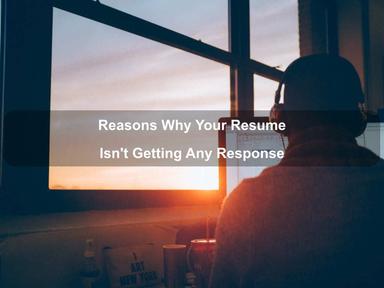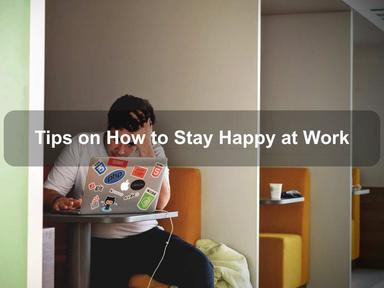published: 12 Sep 2020
5 min read | website: www.ebr.com.au
Being a college graduate often comes with a mixed bag of emotions. On one hand, you're incredibly excited to close this chapter and move on to the next in the 'real world.' However, you know this major change comes with a lot of uncertainty — and with that, anxiety. This is especially true if you find yourself unemployed and still searching for an entry-level job.
Figure out your next move
Start by giving your jobs goal some serious thought. You don't have to map out your entire career path — in fact, I recommend that you use these first few years after college to explore different fields and types of organizations to discover what's best for you before committing to any long-term career goals — but you need to narrow down your search to some degree.
For instance, is there a particular industry or company that especially interests you? While it's unrealistic to assume your first entry-level job after college graduation will be your 'dream job,' it's not unreasonable to target jobs at companies that are in your dream industry.
Don't commit to more education before mapping out a career plan.
Hold off investing in higher education until you've done your vetting. Believe it or not, your major doesn't always translate into the dream job you envisioned in college, so it's best to clock some time in before committing to more years of school. Once you've done that, write down your goals, and be honest: is a higher degree required in order to take you to your final destination or could you get there sooner with online courses, night classes, or specialized certifications? Then and only then does the university of your choice deserve your money.
Don't be afraid to intern
Target internships that offer part-time hours or a flexible schedule so you can build up your resume with relevant experience and still have time to take on other work to pay the bills. It's a lot easier to land an entry-level job within your desired industry once you've gained some relevant internship experience and have begun to build a strong professional network in that field. Plus, internships can turn into full-time jobs if you play your cards right.
Seek out experts to guide your career journey, not mom and dad.
Despite their best intentions, family and friends make bad career counselors. Forget the fact that most people are unaware of the vast movement in job creation today. Your parents are most likely traditionalists who are still driving 'doctor,' 'lawyer,' or 'teacher' into your mind. And because they want what's best for you, their advice comes from a place of emotion rather than logic, which means it's completely biased. Do some research, get on LinkedIn, and start networking. Find experts and thought leaders in your field, and ask how they achieved their success. They'll guide you through the process and help you grow your professional network. Get your resume out to various employment agencies in your area, and, if you're eager to see some results, try a career coach for a more personal, hands-on experience.

Are we missing something? Help us improve this article. Reach out to us.
















